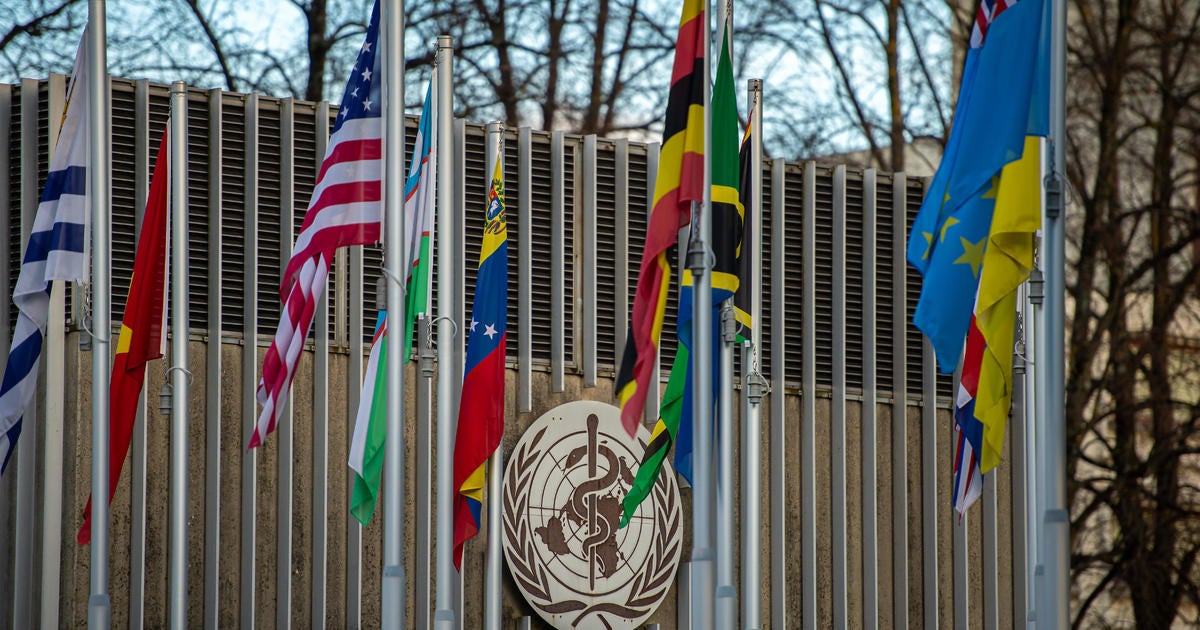Unraveling the Global Health Crisis: What America's WHO Withdrawal Could Really Mean

In a controversial series of executive orders, President Trump's decision to withdraw from the World Health Organization (WHO) and dramatically reshape international aid has sparked alarm among global health experts and researchers. These sweeping actions not only threaten public health both domestically and internationally but also risk significantly diminishing the United States' global leadership and influence.
Prominent researchers warn that the sudden withdrawal could have catastrophic consequences, potentially undermining critical global health initiatives at a time when international cooperation is most needed. By stepping back from the WHO, the United States is effectively creating a power vacuum that competing nations are eager to fill, potentially compromising decades of collaborative medical research and pandemic response strategies.
The executive orders represent more than just a policy shift; they signal a fundamental restructuring of America's approach to international health and humanitarian aid. Experts argue that these actions could weaken the global health infrastructure, leaving vulnerable populations at increased risk and potentially hampering future pandemic preparedness efforts.
Moreover, the move appears to prioritize short-term political gains over long-term global health security, potentially putting Americans and international communities at greater risk. By reducing the United States' role in global health coordination, the administration may be inadvertently creating new challenges for future public health responses.
As the international community watches closely, the implications of these executive orders extend far beyond immediate health concerns, potentially reshaping the geopolitical landscape of international cooperation and medical diplomacy.
